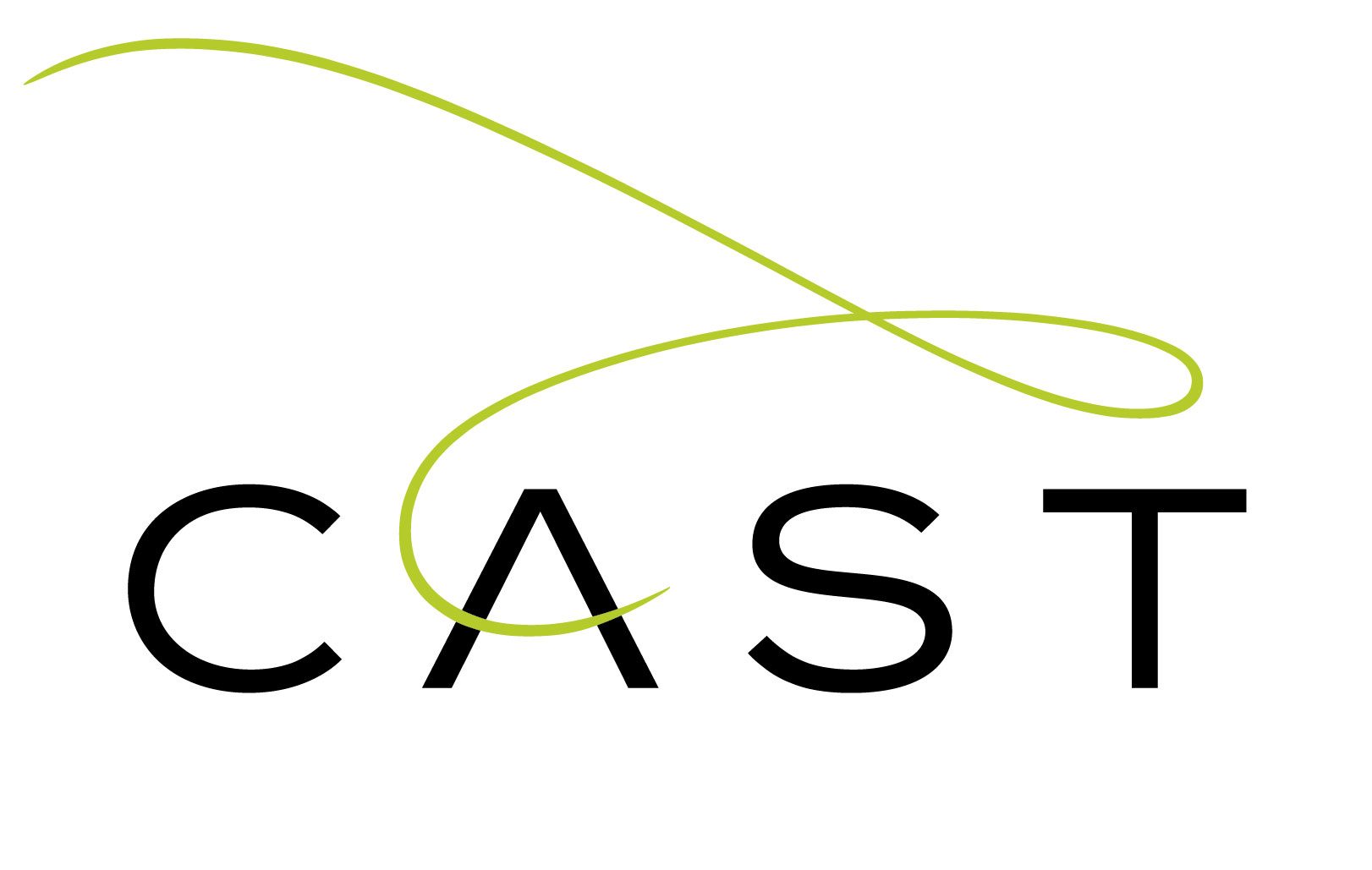This is the first in a series of posts arguing that the role of corporate communications is bigger than even communicators imagine. We’ll explore, together, what it might look like for us to step into that role.
First, some facts that are not in dispute:
- Engaged employees—those investing discretionary effort on the job—create tangible ROI for their companies.1
- Engagement is triggered by meaning—the connection to something bigger than oneself.2
- We are all wired for meaning3, but millenials are flat out demanding it in the workplace.4
According to leading business thinkers like Daniel Pink, Gary Hamel, Umair Haque, and Rich Karlgaard, the future belongs to the organizations that figure out to tap into this desire for meaning at work.
“Bet your business on it,” says Karlgaard.
Which is where we—you and I—come in.
We are the keepers of the corporate language. And language unlocks meaning.
The way we talk about what we do and why we do it is a choice. Too often the words we choose (or allow) alienate, deaden and disengage.
If business people speak like idiots, it’s only because we let them.
Let’s make a deal. Let’s together launch a campaign to recapture and humanize the language of business. To get our leaders to use words that invite, inspire and engage. To strip our organizations of meaningless concepts and jargon. To give our employees a reason to get out of bed in the morning.
It isn’t going to be easy. The pervasive culture that spawned Dilbert and Office Space will not die gently.
But our organizations need us to lead this work–even if they don’t yet know it.
Are you up to it? Come back and let’s talk about where to start.
****
1 You can find a nice summary of key stats here.
2 See Roffey Park’s influential report, Meaning at Work.
3 Remember Frankl’s Man’s Search for Meaning and Maslow’s Hierarchy of Human Needs?
